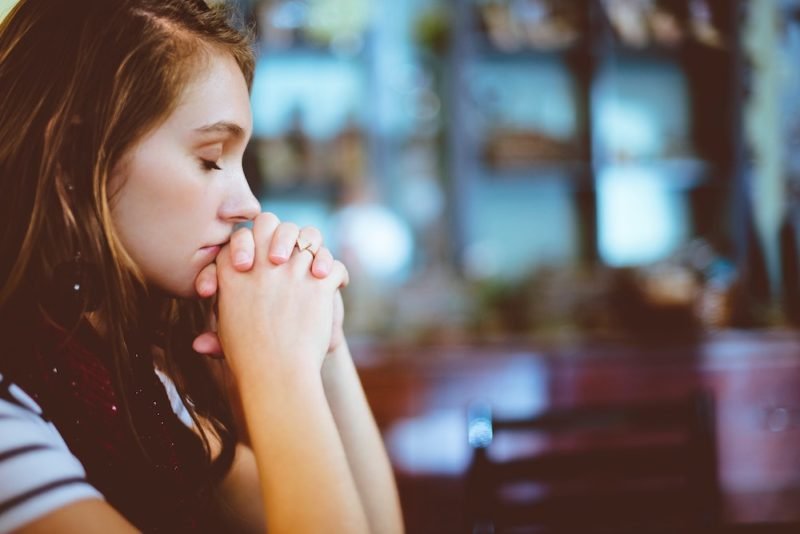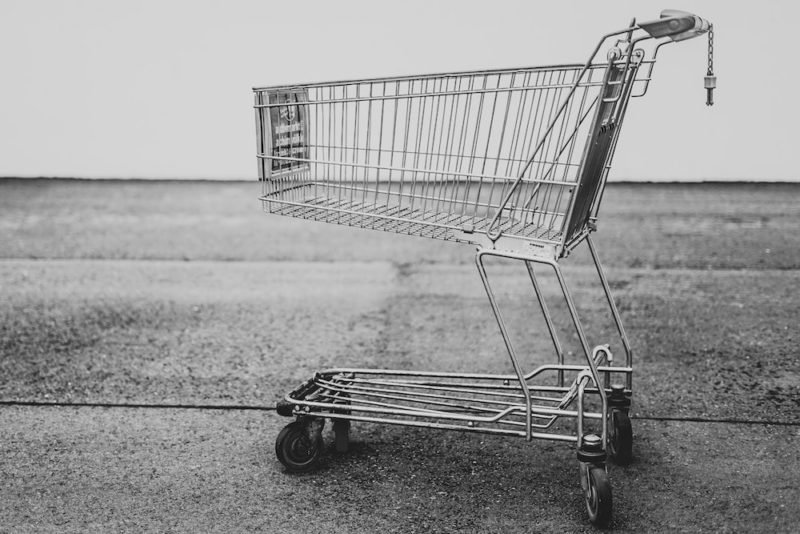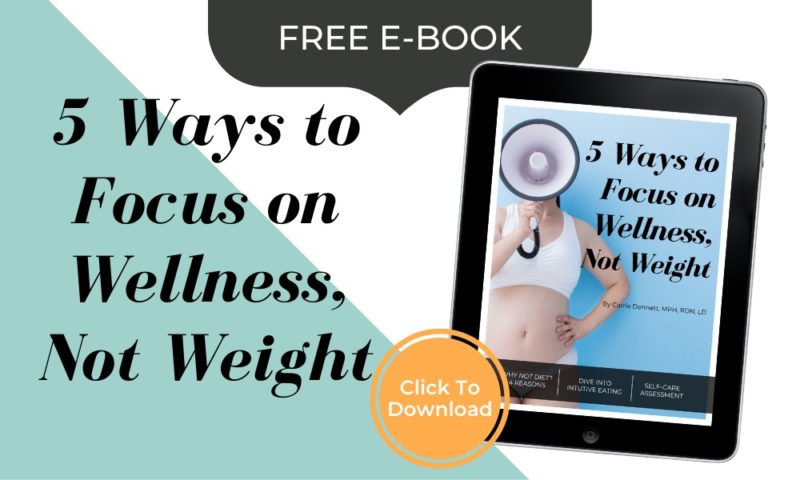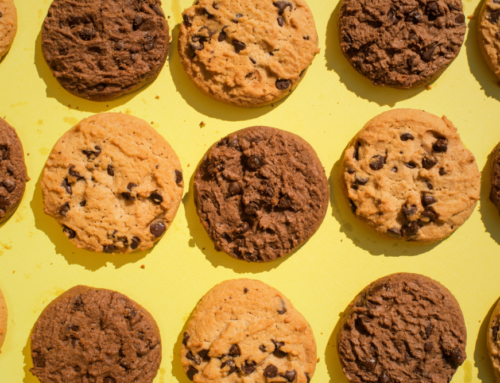
Wow, things can change in a week. Not only are we dealing with the not-quite-existential question of, “Is the coronavirus coming for me, and if so, when?” but we’re coping with major upheaval in the social fabric of our lives. And for those of us who aren’t worried about our jobs, we may be worried about those who are, including many people who work in the service industry. And what about kids who are food insecure, and no longer have free school lunches? It is a lot to take in.
On an individual level, if you are a natural homebody/introvert and are retired or can easily work from home (especially if, like me, you already do), your day-to-day life may not look much different now than it did a week or two ago.
But if you enjoy an active social life, or thrive on participating in activities that occur in group settings–restaurant dining, air travel, concerts, they gym, book clubs — you may feel like there’s a gaping hole in your days right now.
Add to that the possibility of being in an “at risk” group, or having family members who are. Again, it’s a lot. So what can you do while you watch, and wait. How can you take care of yourself in these times of uncertainty?

Take stock of what you are feeling
On the food front, the recommendation to limit grocery store trips, coupled with news coverage of people buying as much as they can cram into their grocery carts (I still don’t get the run on toilet paper — coronavirus is a respiratory illness) can bring up challenging emotions if you have a scarcity mindset. Scarcity mindsets are common in people who experienced poverty or food insecurity in the past — especially as children — or who have a history of dieting or other forms of food restriction.
For those who struggle with “emotional” eating or binge eating disorder, spending most of your waking hours at home every day, with all the food in your kitchen and pantry available to you, possibly — or probably — accompanied by anxiety, fear, loneliness, boredom or frustration (and maybe all of the above) can also make you feel like you’re out of control with food, or in immediate danger of becoming so.
Be mindful about media
While the coronavirus situation is evolving quickly, it’s not evolving quickly enough (in my educated opinion) to warrant constant news checking. I strongly recommend not looking for information on social media. At best, other people’s anxiety may feed your own. At worst, it’s flat-out inaccurate. I spent a little too much time on Facebook looking at friends’ coronavirus-related posts and felt my anxiety rising — and I’m fortunate that I’m not someone who struggles with anxiety, generally.
Feel free to skip social media altogether, or to at least curate your feed. Mute or even unfollow those whose posts distress you. To keep abreast of information you might actually need to know, choose a few reliable sources, and check them once per day. Some good options are The New York Times, The Washington Post (I subscribe to their free daily email with coronavirus updates) and The Seattle Times if you live in Washington state. Your state public health agency is also a good source. I fully confess that I’m trying to walk my talk — I only rely on the exact sources I just spelled out, but I sometimes find myself checking them too often. I’m actively working on sticking to once per day. If you prefer audio, then I recommend NPR, which will allow you to hear national and statewide updates.

Keep enough food on hand to feel secure
I admittedly have an overstocked pantry all the time, but I’m buying a little more than usual of certain things when I do go to the grocery store simply so I don’t have to go as often. Things like milk, yogurt and less-perishable veggies such as cabbage. I also have a big bag of mixed veggies (thanks, Costco) in my freezer and may pick up a second one. I always keep plenty of canned beans and tomatoes, dried beans and lentils, pasta, whole grains and canned tuna on hand, so I simply replenished any that were getting low. I buy my eggs five dozen at at time, so I’m good there. And I know there’s a Costco-size box of Annie’s mac & cheese lurking around, just in case.
The bottom line is that it’s not necessary to buy all the things and start hoarding. The food supply chain remains strong. Yes, stock up, but know that you can go back for more. And please don’t buy food you don’t enjoy because you feel like you “should.”

Eat (and do) what feels right to you
As I wrote about last week for The Seattle Times, there are some foods and nutrients that support immune system health, but you can’t “rev up” your immune system and you can’t eat to “beat” coronavirus. On the flip side, if you drown yourself in ice cream, you’re not going to feel very good. My gentle advice is to try to nourish yourself the best you can (this will look very different for every person), but if you need to seek some comfort from food, and no other coping mechanisms will quite cut it, then do what you need to do, and show yourself some compassion. What we’re going through is pretty unprecedented. That can feel hard!
On that note, please don’t feel that this period of social distancing (and maybe self-quarantine) means you’re obligated to finally get to all of those projects you’ve been putting off. Unless you want to. I’ll admit that one afternoon, I was feeling a bit anxious and went all in on decluttering my office. It served as a useful distraction, and I’m enjoying my less-cluttered office, so it did serve a positive purpose. If you want to jump into spring cleaning, do it. If you want to spend more time baking or cooking, do it. If you want to catch up on your reading, do it. If you want to start taking online yoga classes, do it. If you want to sprawl on your couch and watch Netflix, do it. You do you.

Get some fresh air
Remember that social distancing doesn’t mean you can’t go outside. Yes, you can go for a walk, but you can also plan something fun that also lets you keep a safe distance from others. Go on a nature walk or hike. Picnic in a park. Plan a camping trip. (I’m glad that my summer travel plans only involve camping.)
Call someone for some mental fresh air. Sometimes texting or emailing just won’t do. We may not be able to hang out with friends and extended family, but we can still hear their voices (or see their faces…one of my clients just did a group Facetime call with her siblings). I’m not one to chat on the phone, usually (boy, my teenage self would be surprised), but when I was feeling anxious after my recent Facebook rabbit hole, I switched gears and called my mom to see how she was doing in her corner of Washington state.
We may not be able to connect with others in the usual ways, but we can still connect. And it’s important that we do.
Disclaimer: All information provided here is of a general nature and is furnished only for educational purposes. This information is not to be taken as medical or other health advice pertaining to an individual’s specific health or medical condition. You agree that the use of this information is at your own risk.
Hi, I’m Carrie Dennett, MPH, RDN, a weight-inclusive registered dietitian, nutrition therapist and body image counselor. I offer compassionate, individualized care for adults of all ages, shapes, sizes and genders who want to break free from eating disorders, disordered eating or chronic dieting. If you need to learn how to manage IBS symptoms with food, or improve your nutrition and lifestyle habits to help manage a current health concern or simply support your overall health and well-being, I help people with that, too.
Need 1-on-1 help for your nutrition, eating, or body image concerns? Schedule a free 20-minute Discovery Call to talk about how I can help you and explore if we’re a good fit! I’m in-network with Regence BCBS, FirstChoice Health and Providence Health Plan, and can bill Blue Cross and/or Blue Shield insurances in many states. If I don’t take your insurance, I can help you seek reimbursement on your own. To learn more, explore my insurance and services areas page.
 Print This Post
Print This Post







